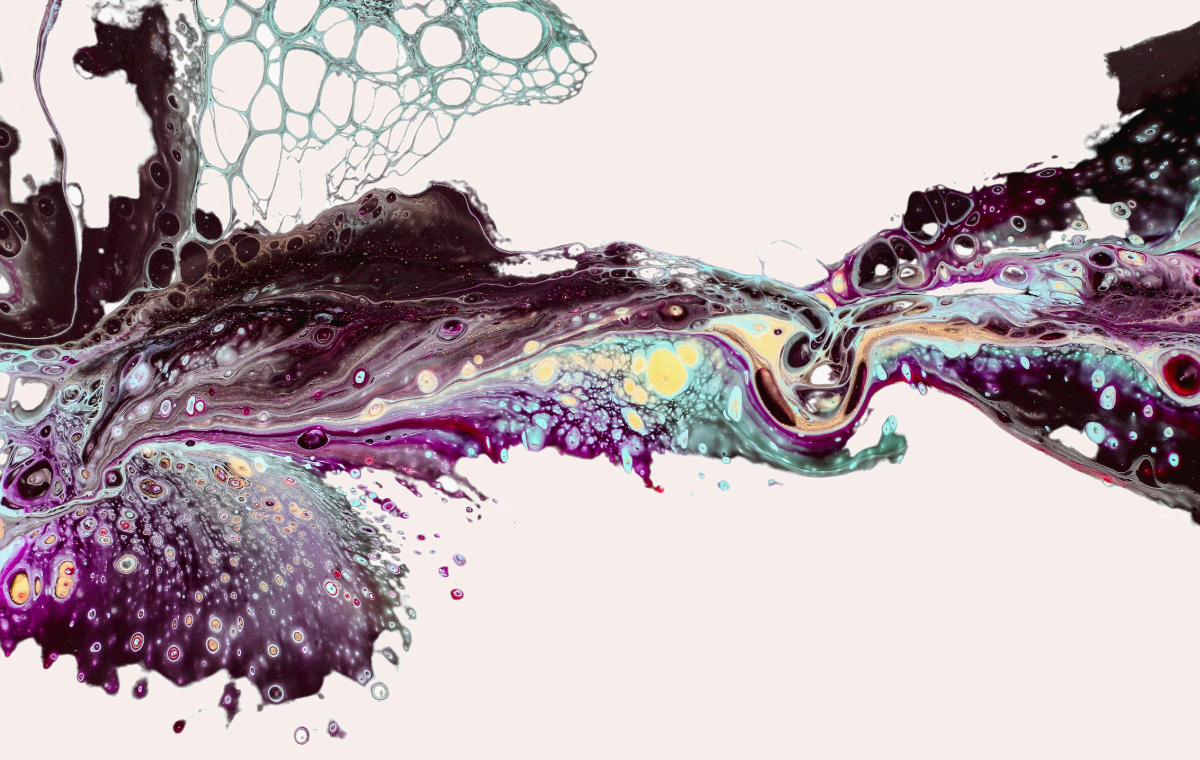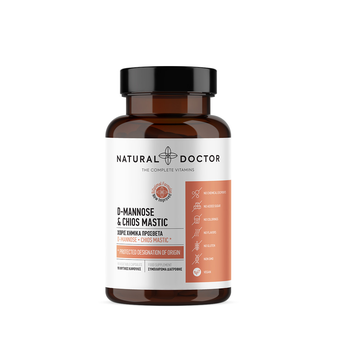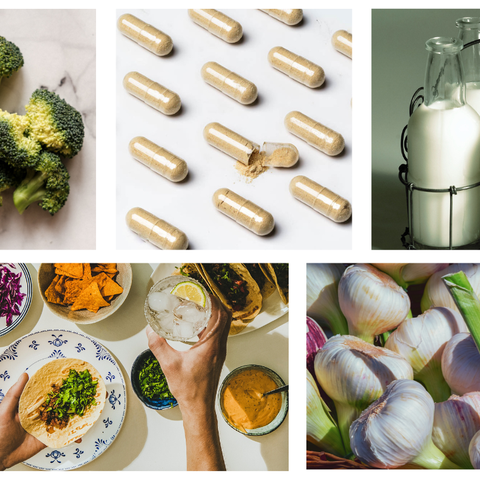Do you have pain when urinating?

Do you have pain when urinating, or do you feel constant pressure in your abdomen? If so, you may have a urinary tract infection, one of the most common urological conditions and the second most common infection in humans.
UTI predominantly affects women due to anatomical reasons. The female urethra, being smaller and closer to the anus and vulva, which are hotbeds of germs, makes it easier for bacteria to enter, making women more susceptible to UTIs.
Summer is the peak season for UTIs, as the combination of humidity, high temperatures, and wet swimwear creates a favorable environment for their development. Being aware of these seasonal factors can help you take preventive measures.
UTI symptoms
UTI can occur in any part of the urinary system but more often the bladder or urethra is affected, but its occurrence in the upper urinary tract is not excluded.
Symptoms include:
- The feeling of pressure in the abdomen
- Frequent urge to urinate
- Urethral discomfort
- Pain during urination
- Haematuria
- High fever
The bacteria that causes the most UTIs
The most common microbe that causes a UTI in 80% of cases is E. coli or Helicobacter pylori. E. coli is a microbe found in human feces and is part of the normal intestinal flora, which refers to the microorganisms that live in the digestive tracts of humans.
It is not transmitted by contact with other people; it exists inside the human body and is transmitted through the neighboring organs. When the body's defenses fall, E. coli can pass to other organs and cause various symptoms, the most common being a urinary tract infection.
Mannose
D-mannose is a type of sugar that has the ability to attach itself to the pathogenic bacteria that cause UTIs and then be removed with them during urination.
This prevents and reduces urinary infections and diseases of the lower urinary tract, such as cystitis.
Mannose also prevents the strain of E.coli, the bacteria that often causes urinary tract infections, from attaching to the urinary tract cells and entering the upper urinary tract.
What are the benefits of Mannose?
It is a natural antibiotic that promotes a healthy balance of intestinal bacteria, improving immune function with multiple health benefits:
- Helps prevent and treat urinary tract infections
- Supports the health of the gastrointestinal system
- It boosts the health of the immune system
The action of Chios Mastic on Helicobacter pylori
In recent years, various scientific studies have documented the beneficial effects of Chios Mastic against digestive system diseases (Crohn's disease, dyspepsia, Helicobacter pylori, etc.).
It is known that Chios mastic is a natural antioxidant with significant antimicrobial and anti-inflammatory action. At the same time, it contributes to the healing of wounds, the regeneration of the skin, and the maintenance of oral hygiene.
A series of announcements in internationally prestigious scientific journals confirm the historically recorded properties of Mastic of Chios.
Studies have shown that specific chemical elements in Chios mastic, such as verbenone and linalool, show high antibacterial activity against Helicobacter pylori and Staphylococcus aureus.
Discover the unique benefits of the combined action of Chios Mastic with Mannose in the D-Mannose and Chios Mastic food supplement.



